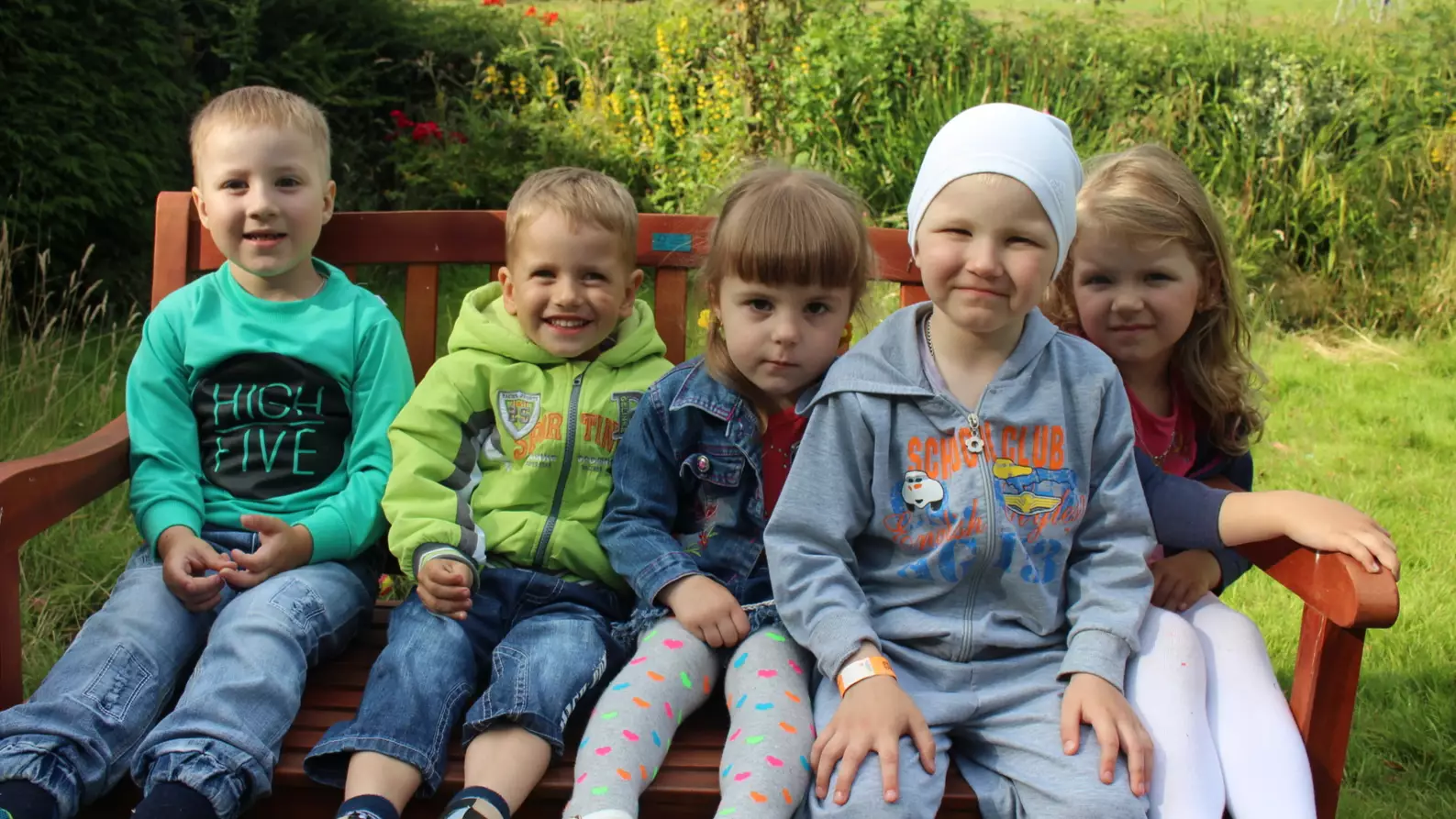
It's more than 30 years since the number four reactor of the Chernobyl Nuclear Power Plant malfunctioned, causing a cloud of radiation to swell and suffocate the people and land caught in its path.
And though the exact numbers are disputed - the World Health Organisation estimates at least 16,000 people will die from cancer caused by the disaster, while others put it at more than 100,000 - what is not is that 26 April 1986 changed the lives of thousands of people forever.
Advert
Many of those are children, who are still forced to live with the effects of the meltdown three decades on; carrying on its tragic legacy.
Linda Walker is the CEO of Chernobyl Children's Project UK (CCP), a charity which supports families who were forced to flee their homes, providing medical and palliative care for their sons and daughters.
Inspired by the work of Chernobyl Children International, in late 1994, she jumped on a plane headed for Belarus, where she was confronted with the stark reality of life there. And it wasn't long before work began.
Speaking to LADbible, Linda said: "We had a very intensive visit, meeting some of the liquidators and hearing about their health problems; parents of children who had been for recuperative holidays in Ireland and were so grateful for the difference it had made to them; children, parents and doctors in the cancer hospital; people who had been evacuated from their village homes to live in high rise blocks in Minsk.
Advert
"I spoke to grandparents who cried at the memory of the land they had left behind and not being able to visit the graves of their ancestors."
She added: "I decided that we must take humanitarian aid as well as bringing children for recuperative holidays. In January 1995 we launched the charity and in April we sent out our first reconditioned ambulance. Then in July, we brought two groups of children for a recuperative holiday and in the following autumn sent our first 40 ton articulated truck load of aid."
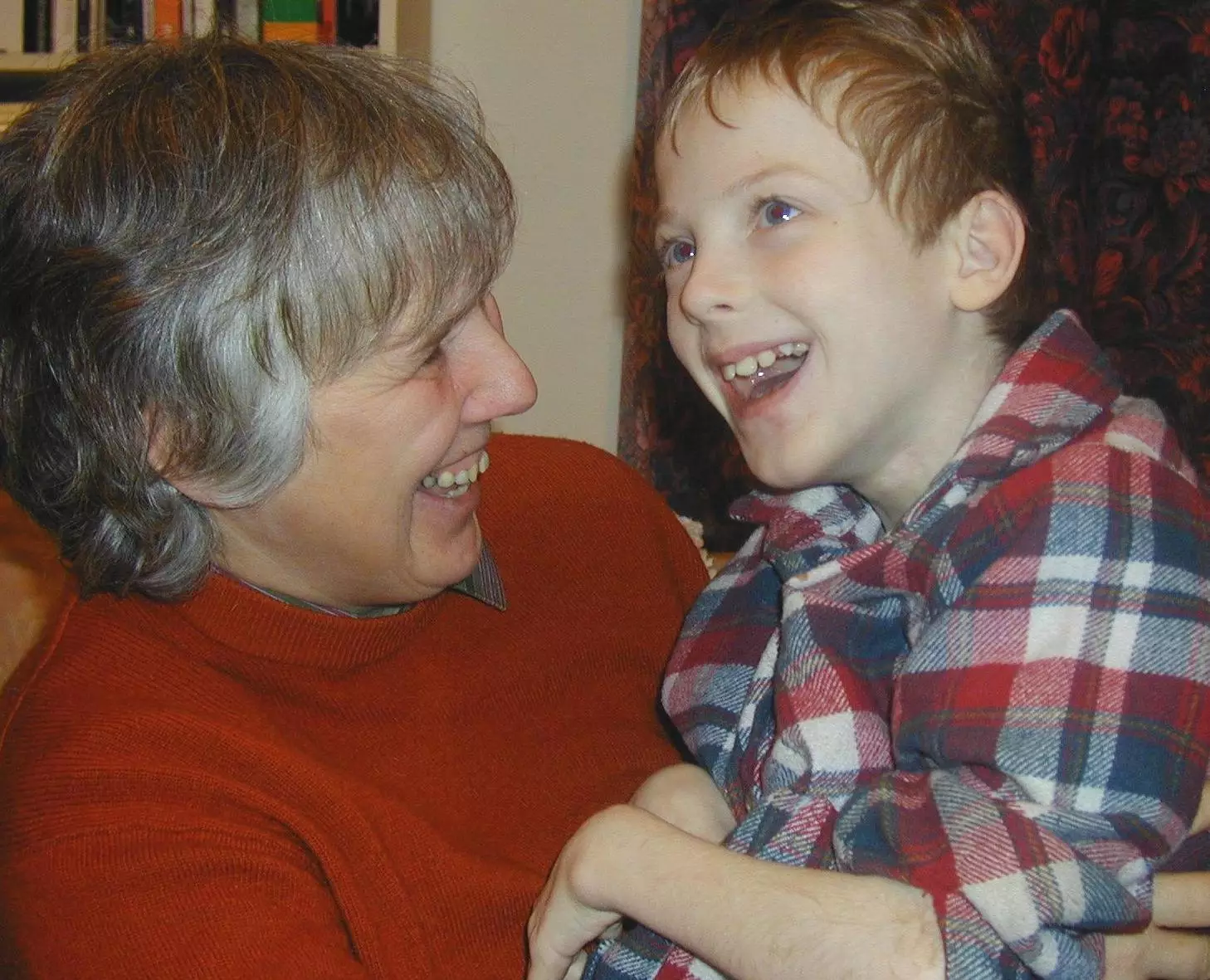
Much of Linda's and the CCP's work is based in the Gomel region of Belarus, one of the worst affected areas. Many of those who live in areas such as these, it's said, have caesium-137 in their systems, a long-lasting radioactive substance which damages the immune system.
Advert
In the first couple of years after the blast, it's said there was an 80 per cent rise in the number of children born with disabilities there, with many developing various forms of cancers.
She said: "Many of the children in Minsk (400 km from Chernobyl) who develop cancer or leukaemia come from families which were evacuated from a more contaminated area. But no records are kept of this. Contaminated food is moved around the country so spreading the effects.
"In the early years thyroid cancer was far and away the largest effect. It is the only condition which eventually became officially recognised as being caused by Chernobyl, after several years of attempts to disprove the link. "
She added: "But if sheep on Welsh hills were still contaminated by fallout form Chernobyl for more than 20 years after the accident, then it is clear that most of Belarus has been affected by it."
Advert
Together Linda and the charity have had an enormous impact on the environment in Belarus, closing many of the country's orphanages, replacing them with shared accommodation and foster homes, as well as founding its first respite care centre.
CCP also provides on the ground medical assistance in their homes so children can stay with their families.
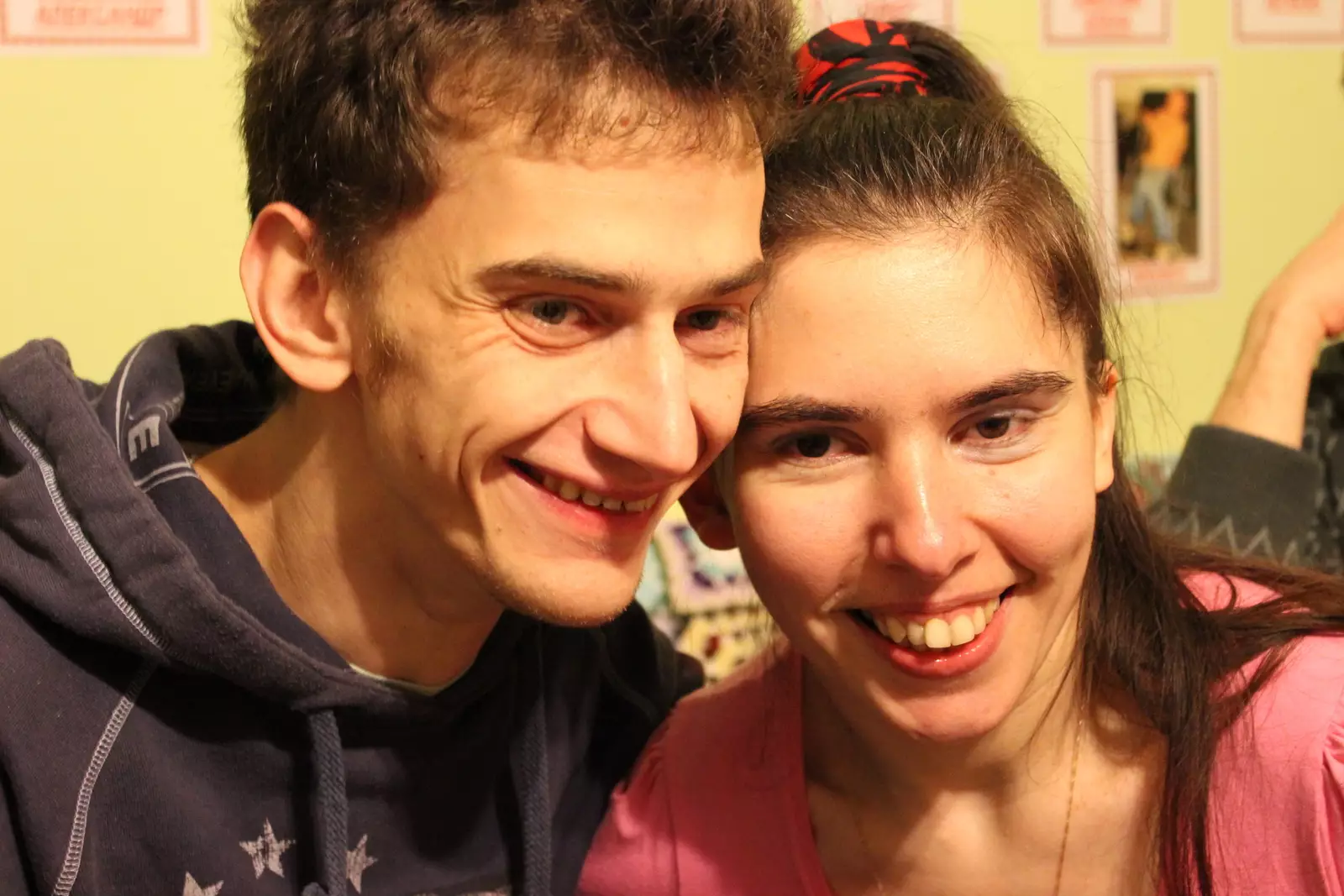
She said: "Our palliative care team in Gomel looks after 30 families so over the last 19 years they will have provided support to about 200 children with terminal or life limiting conditions.
Advert
"We set up a family home for five young adults and another for five children, all with disabilities so their lives were totally changed by the ongoing care we provide for them.
"We set up a family home for five young adults and another for five children, all with disabilities so their lives were totally changed by the ongoing care we provide for them."
But it's not just in Belarus that CCP has made an impact. Since 2000, the Glossop-based organisation has brought more than 3,000 children to the UK for residential retreats, giving them the opportunity to enjoy cleaner air, try cycling for the first time and enjoy trips to the beach and countryside.
As well as improving their physical well-being, the charity says these month-long stays also have a great impact on the children's mental health.
Linda explained: "It is important that they get lots of fresh air and good food as the primary reason for their holiday is to improve their immune systems. But it is also important that they have a great time, make new friends and go home with many happy memories.
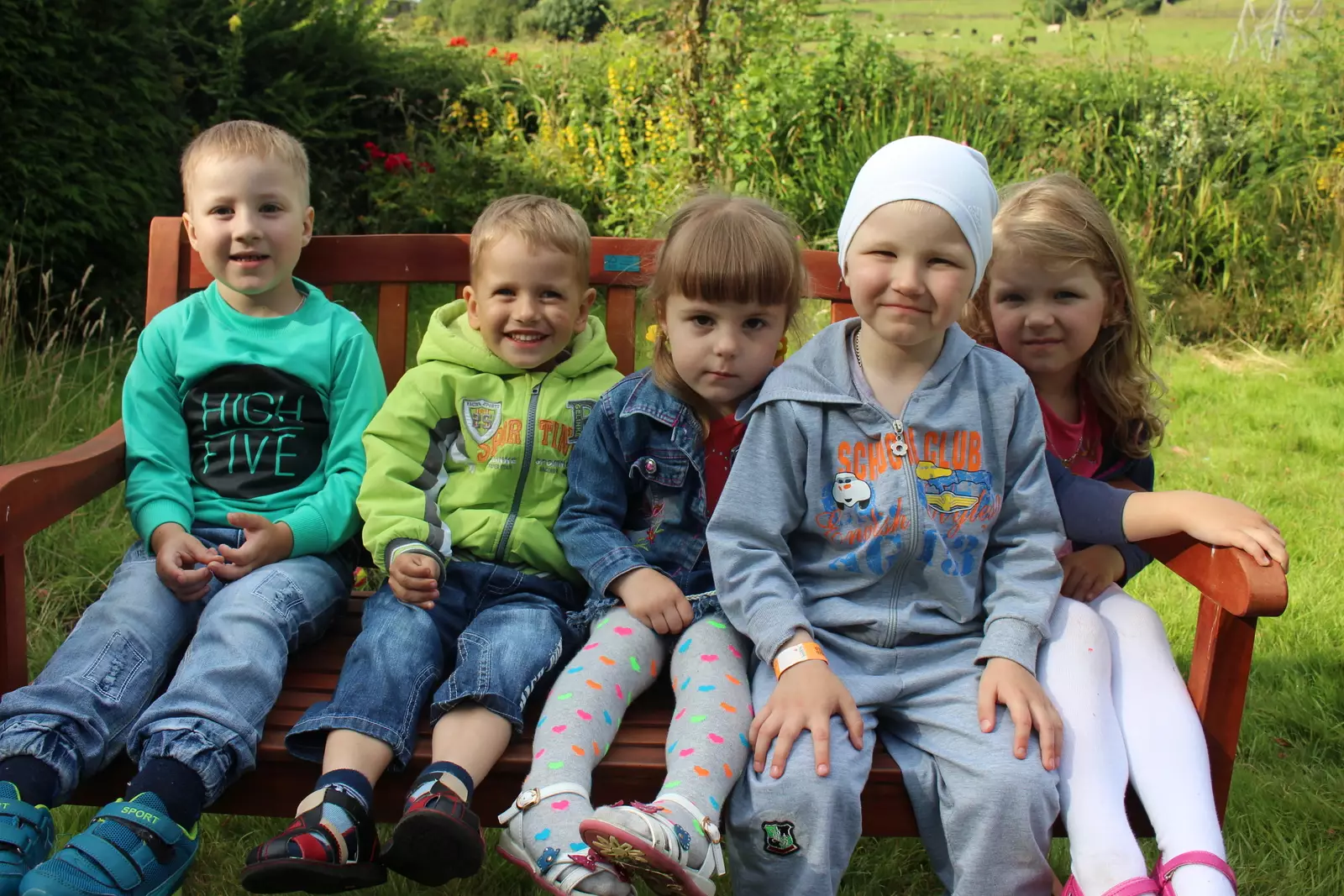
"For teenagers who had had cancer the impact of the holiday can be quite profound - helping to lift depression which can be brought on by the long treatment, anxiety about their futures, and to make them feel much more positive about studying, getting a job and hopefully having a family of their own."
But despite the success the charity has had, for many of the children and young people affected by Chernobyl, the ending isn't always a happy one. It's a story Linda knows all too well.
She says: "I have met children in the cancer hospital who I have invited for a holiday. And then the next time I have visited the child has been taken into the care of the hospice because her treatment has failed.
"I met a little boy with cerebral palsy in an orphanage who I was determined should be moved to a more appropriate home. But before I could persuade the local authority to take action, he had developed a chest infection and died. Situations like this are very distressing."
Yet when faced with the heartbreaking fact that CCP can't save everyone, Linda says it transforms the lives of young people who would otherwise have been forgotten.
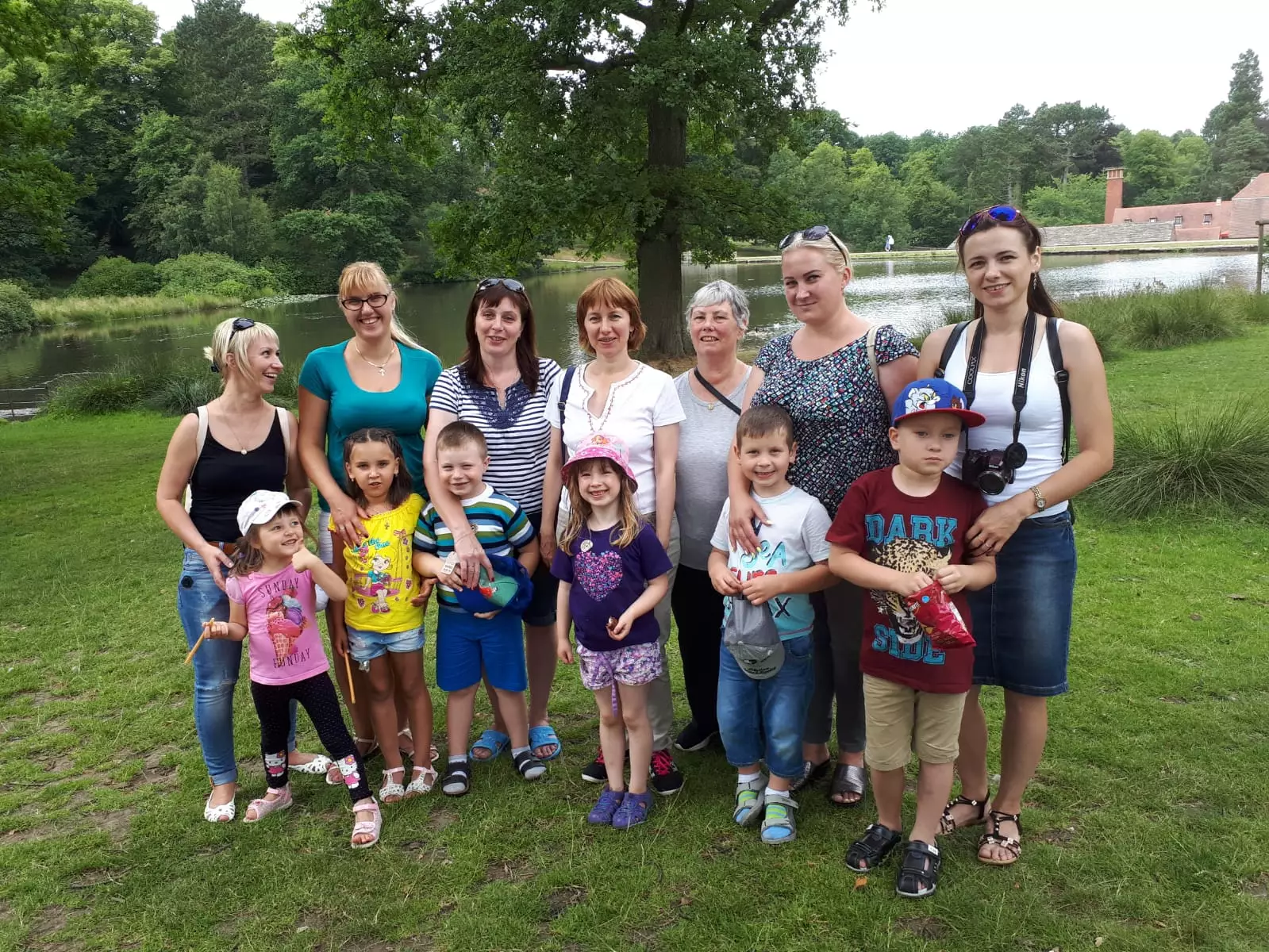
"Nazar who has cerebral palsy, learning difficulties and sight problems stayed in my home every Christmas as he was growing up and continues to live in our Family Home 'Rodni Kut'," she says.
"Greesha also has cerebral palsy and he lives in our other Family Home in the village of Klimovka. Greesha moved into 'Family Home 2000' from a big institution when he was 18.
"He often tells visitors that he was born in 2000, as that was when his life started."
"I focus on what we can do, the improvements we have been able to make and the lives we have changed for the better," Linda added.
As the each year passes, there is a danger that Chernobyl and the people affected become nothing more than a distant memory, a skipped chapter in a school history lesson.
And though the recent success of HBO's gripping account of the disaster has seen a spike in interest - for which the charity is thankful - Linda says it's vital that people look beyond the drama.
"The series stopped with the trial of those involved, but it is important for people to understand that Chernobyl is not just something which happened 33 years ago.
"It has a legacy that will affect the people of the most contaminated regions of Belarus, Ukraine and Russia for several generations at least."
For more information about Chernobyl Children's Project UK, click here.
Featured Image Credit: Chernobyl Children's ProjectTopics: Science, World News, UK News, Interesting, History, Chernobyl